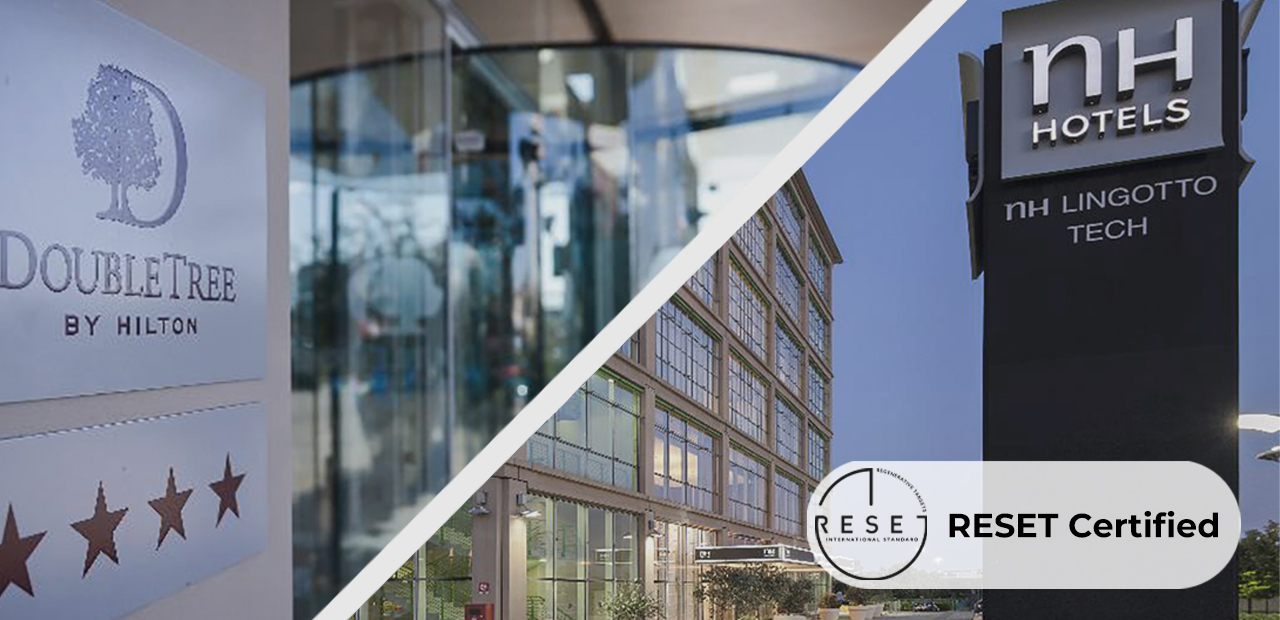
Case Study | Elevating Air Quality Standards in Turin Hotels: A RESET Journey for a Healthier Stay
Both hotels in Turin achieved RESET Air Certification, enhancing guest and staff safety through advanced air quality monitoring and purification systems.
Both the DoubleTree Lingotto by Hilton and NH Lingotto Hotel in Turin, Italy obtain RESET Air Certification, providing a health benefit to its employees and guests.
Responding to the Global COVID-19 Pandemic
In 2021, in response to the global COVID-19 pandemic, the DoubleTree Lingotto by Hilton and NH Lingotto Hotels in Turin initiated efforts to improve indoor air quality (IAQ) as a crucial factor in reducing airborne pathogens. Recognizing the hospitality industry’s unique challenges—such as high occupant turnover and frequent use of shared spaces—the hotels implemented advanced air quality monitoring and purification systems to ensure a safe environment for guests and staff.
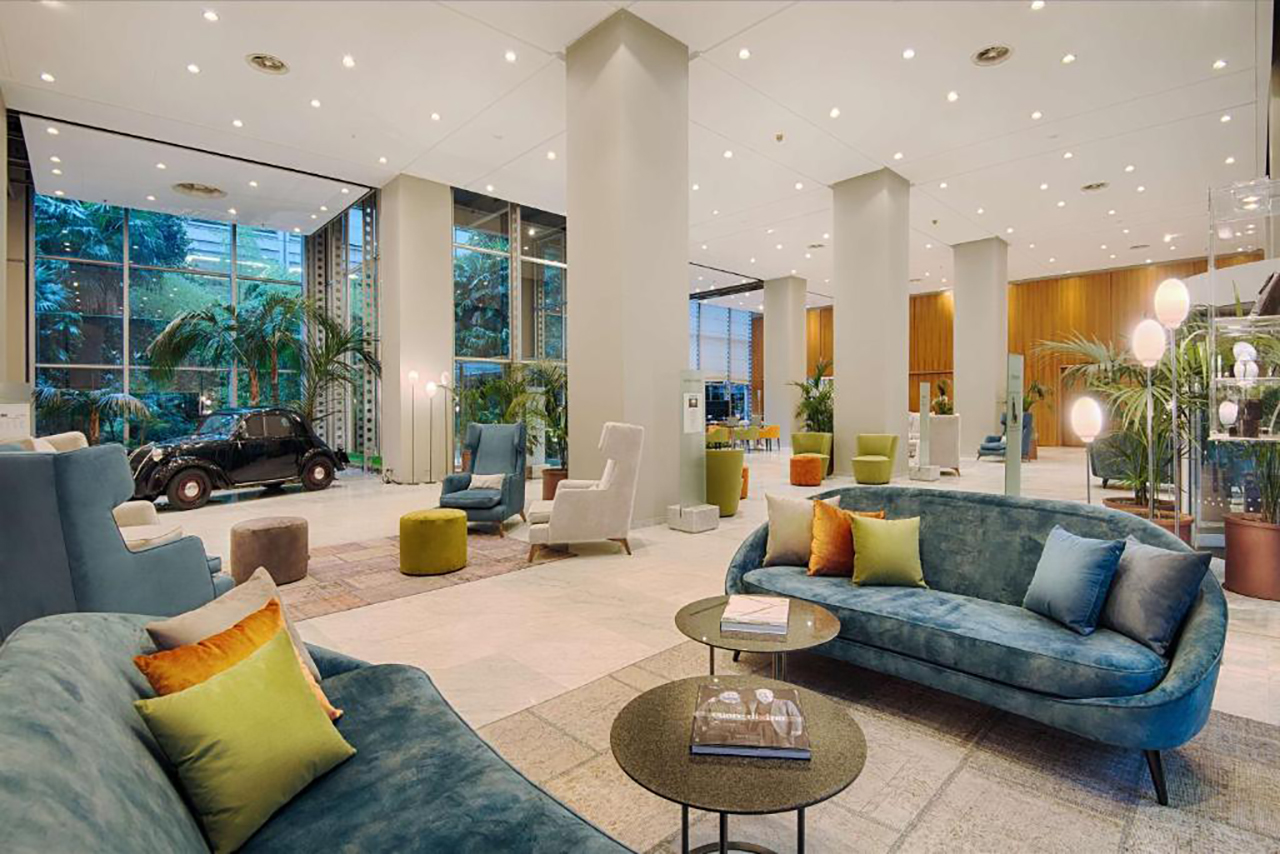
Achieving RESET Air Certification
The journey towards RESET Air certification began with the installation of a monitoring network across key areas of the hotel, including the lobby, kitchen, restaurant, fitness center, and guest rooms. Commercial-grade monitors deployed comply with RESET standards, providing real-time data on PM2.5, VOCs, and CO2 levels.
To address indoor pollution, an oxidative photocatalysis-based system named NCC (Natural Catalytic Conversion) was employed. This system uses high-intensity light to catalyze reactions in the surrounding air, creating an advanced oxidation process. The environmentally friendly oxidants produced in this process effectively reduce internal contaminants, prevent external pollution, and neutralize odors, all without generating harmful by-products like ozone.
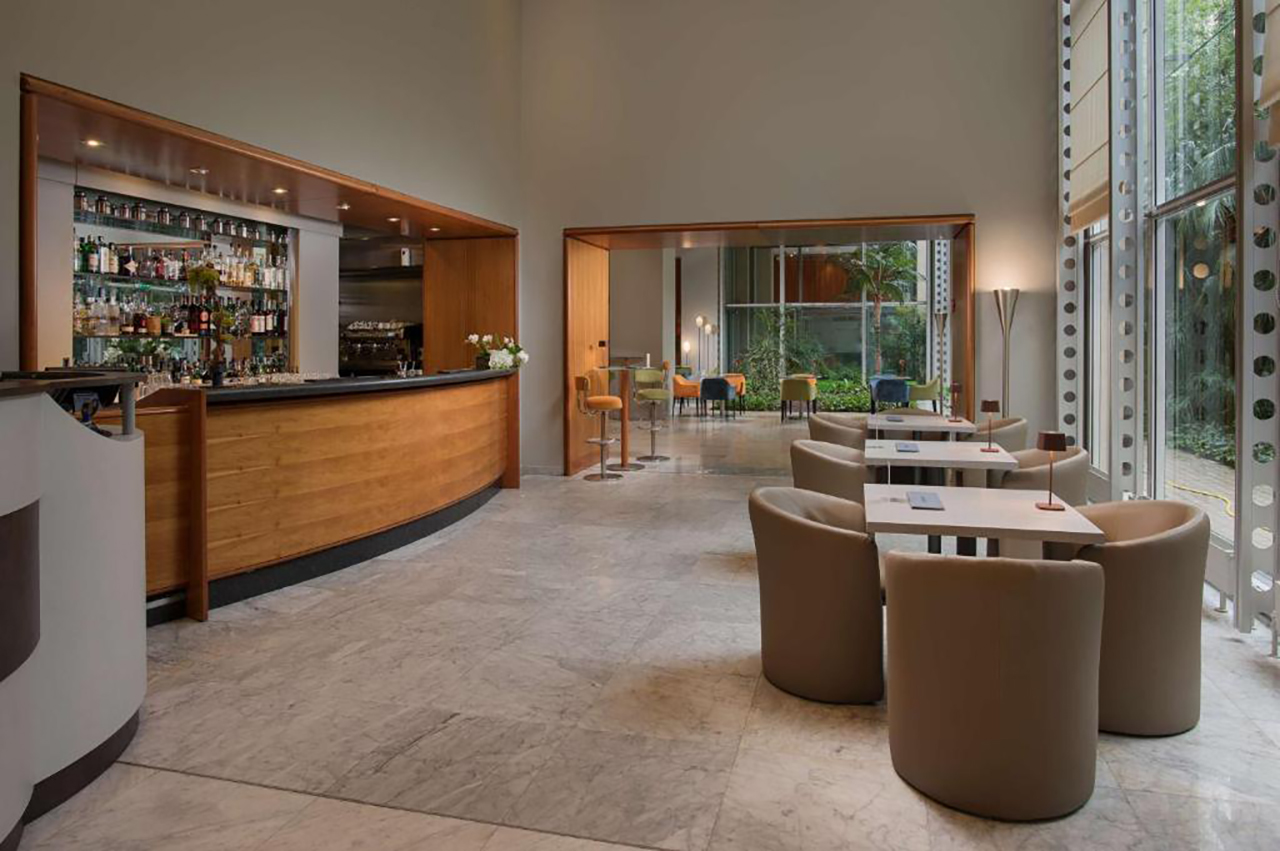
Continuous Monitoring and Long-term Commitment
During the initial three-month monitoring phase, the hotels gathered valuable data that helped optimize their air purification systems to meet RESET Air standards. After successfully achieving certification, the hotels continued to monitor air quality in real-time, allowing for ongoing adjustments as needed. This approach has enabled them to maintain the certification for three consecutive years, demonstrating their commitment to consistently high IAQ standards.
"By using advanced monitoring and purification systems, we have been able to maintain contaminant levels below RESET targets, even in high-traffic areas like lobbies where the influx of outdoor air could easily affect indoor air quality. We also found that volatile organic compounds, introduced by guests in rooms, were swiftly eliminated once they checked out."
- Gabriella Motta, RESET’s Accredited Professional (AP) for the project
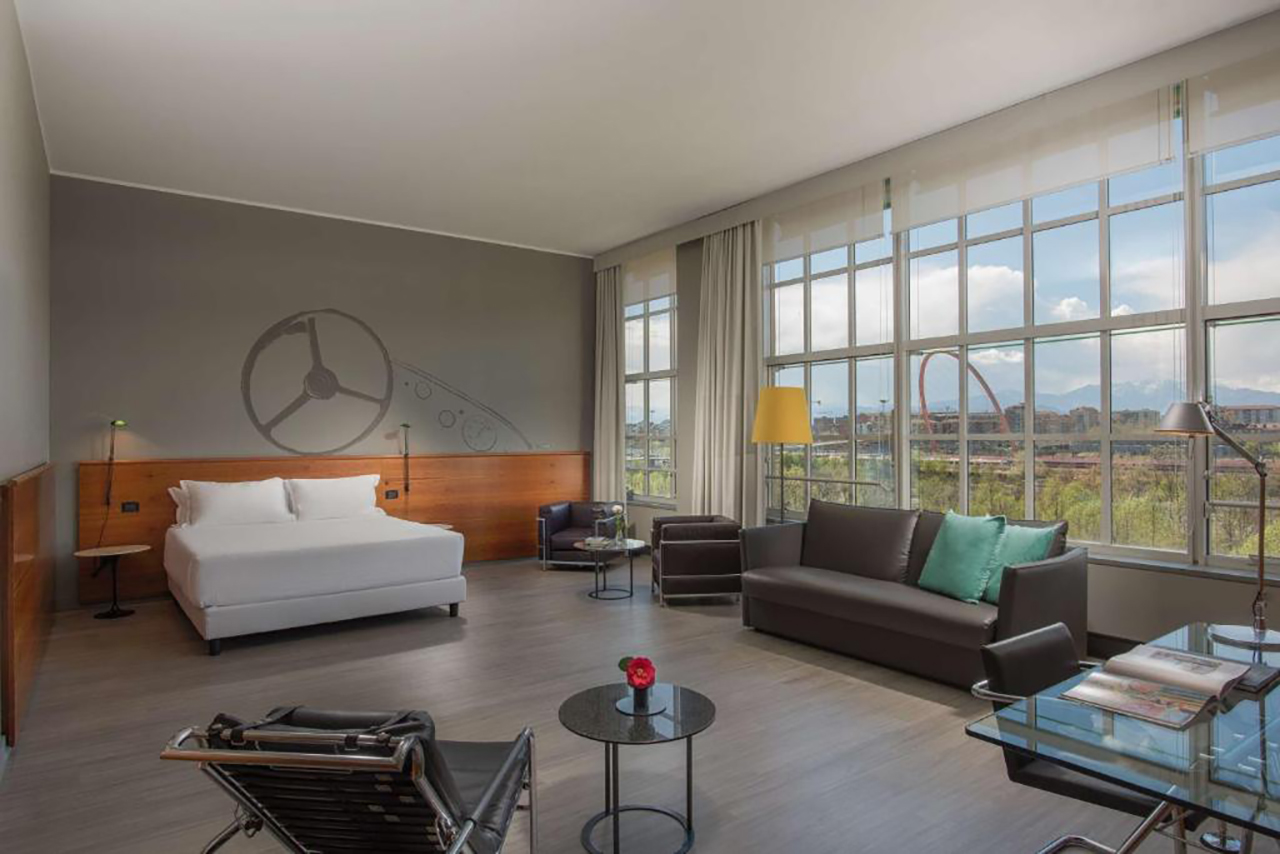
The ability of the NCC system to neutralize contaminants, particularly VOCs, has led to noticeable improvements in air quality and ensures that subsequent guests are not exposed to residual pollution. Guests have reported experiencing fresher air and greater overall comfort during their stays.
Impact on Guest Satisfaction
Maintaining RESET Air certification has had a measurable impact on both hotel operations and guest satisfaction. Surveys conducted between October 2023 and May 2024 revealed that 85% of respondents identified IAQ as a significant factor in their stay, and 72% rated the IAQ in their rooms as “good” or “very good.” Guests also expressed a strong preference for hotels with certified air quality, awarding an average rating of 8.28 out of 10. Furthermore, there was a positive correlation (0.38) between perceived air cleanliness and freshness and the likelihood of choosing a hotel with certified air quality systems.
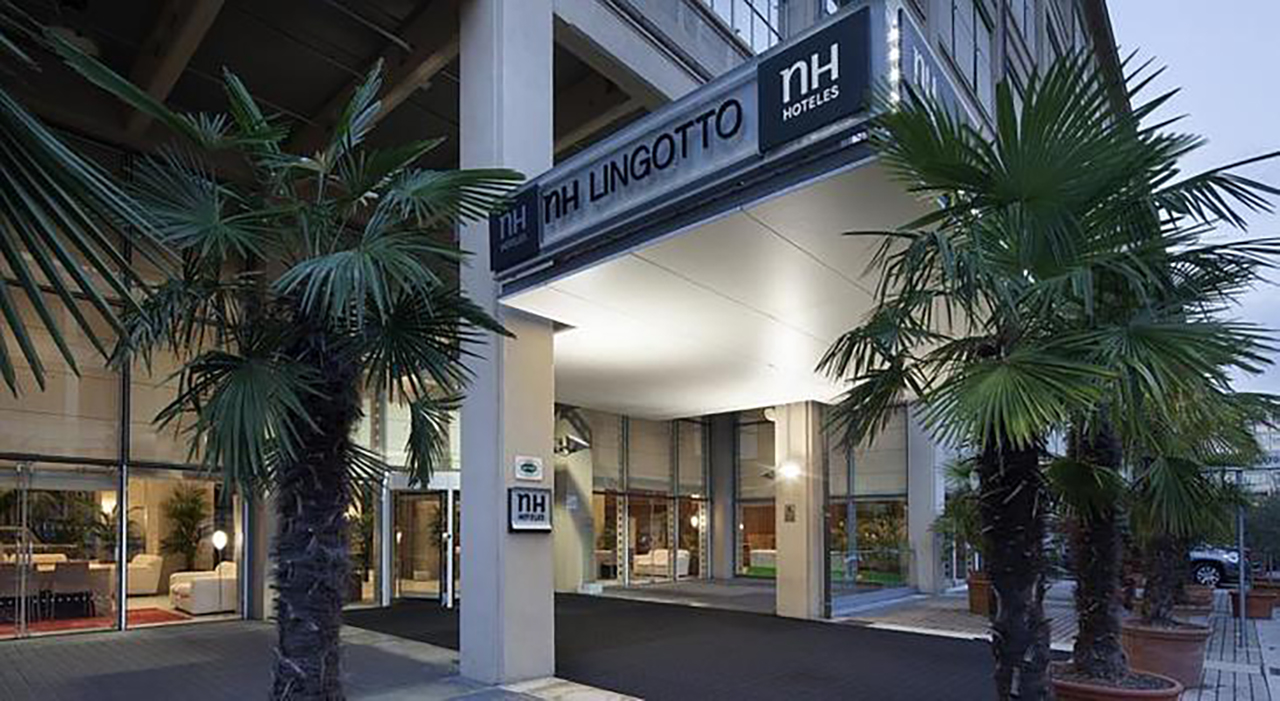
As the hospitality industry navigates the post-pandemic era, the successful implementation of RESET Air Standard at the Turin hotels provides a blueprint for others to follow. Through continuous monitoring and targeted interventions, it is possible to mitigate the risks associated with poor indoor air quality, ensuring a safer and more comfortable experience for all.